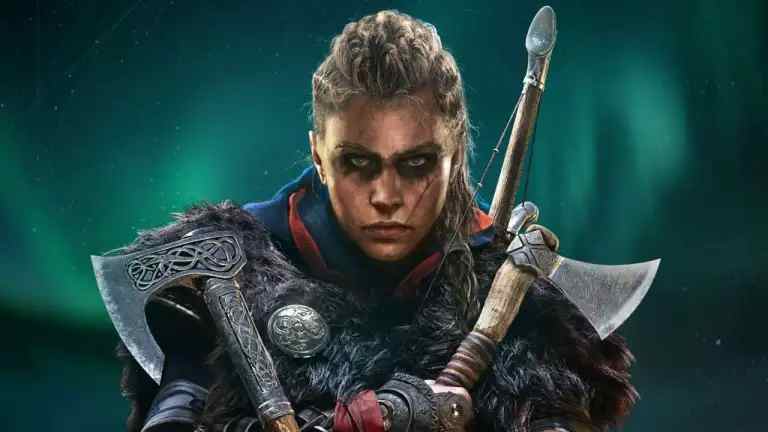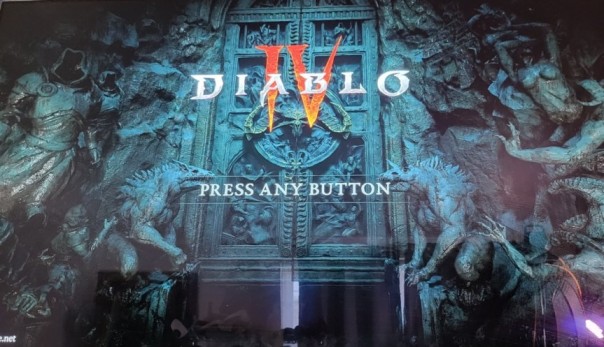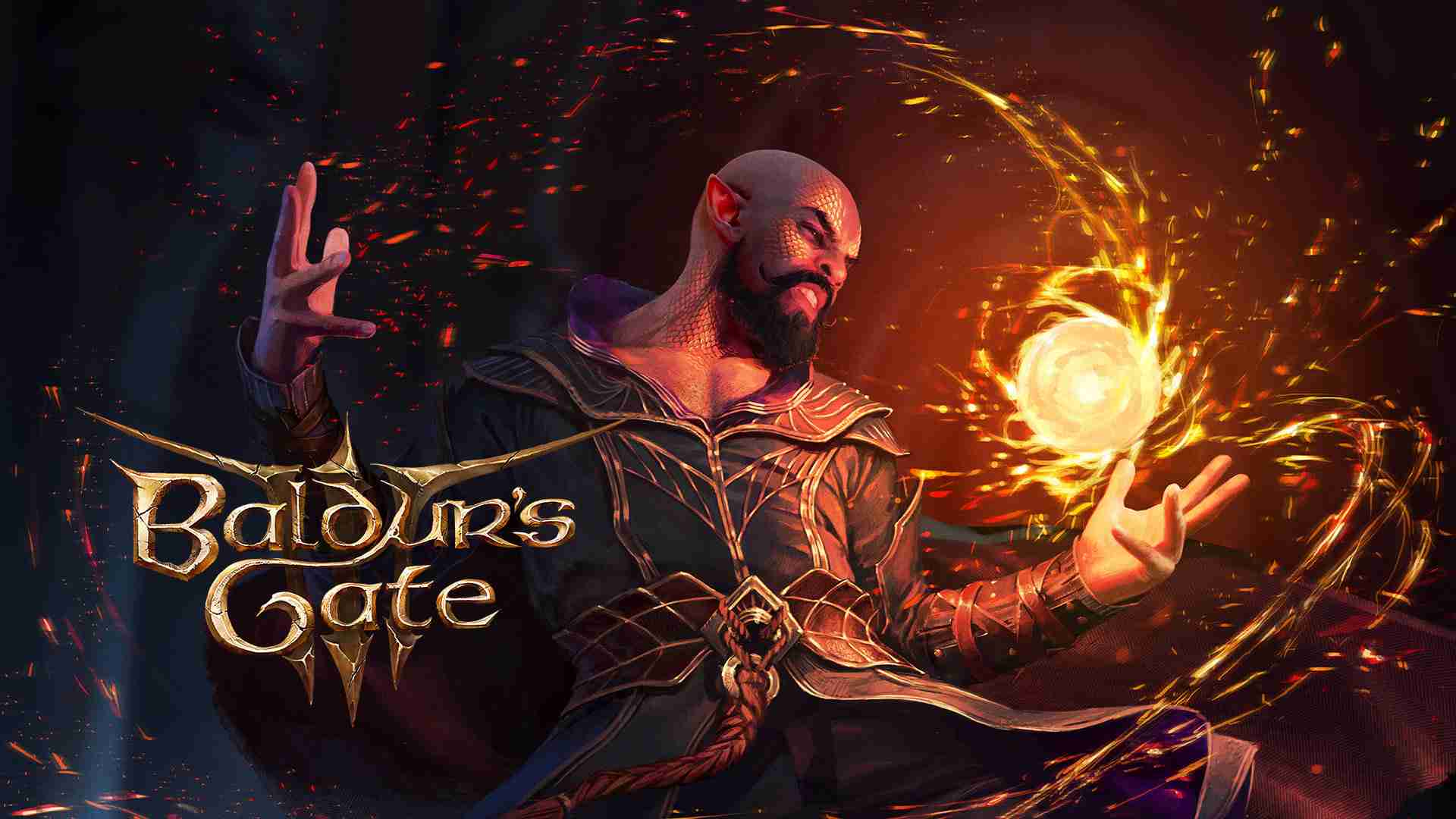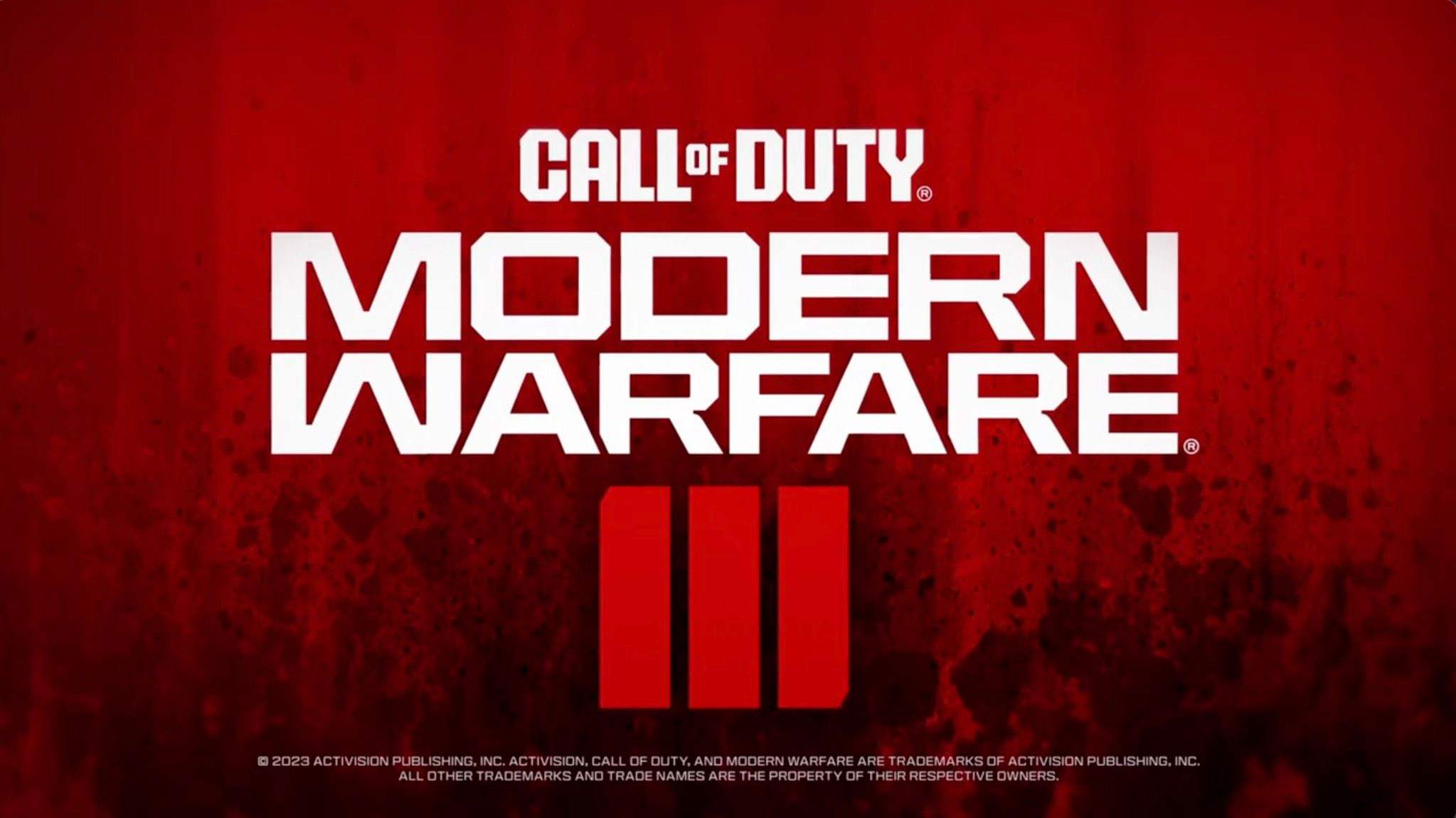Is Eivor In Assassin’s Creed: Valhalla Male Or Female?
In the vast landscape of gaming, few titles have ignited debates as fervent as Assassin’s Creed Valhalla. Among the myriad discussions swirling around this Norse epic, one question stands out: Is Eivor, the game’s protagonist, canonically male or female? This seemingly straightforward query unveils layers of complexity within the game’s narrative and the gaming industry at large. Let’s delve into the intricacies of Eivor’s gender identity and its implications.
The Choice of Gender in Assassin’s Creed Valhalla: At the heart of Assassin’s Creed Valhalla lies a pivotal decision that confronts players early in their journey: to play as a male or female Eivor. Unlike previous iterations, where players toggled between distinct characters, Valhalla bestowed the power of choice upon them, transforming the protagonist’s gender into a customizable feature. This choice, presented amidst chaos and danger, serves as a defining moment, shaping the player’s connection to the narrative and the protagonist’s identity.
In this groundbreaking departure from convention, players are not merely spectators but active participants in crafting Eivor’s story. The ability to choose Eivor’s gender reflects the evolving nature of gaming narratives, where player agency and immersion reign supreme. By embracing player choice, Assassin’s Creed Valhalla invites gamers into a world where their decisions ripple through the fabric of history.
The Canon Gender of Eivor: While players possess the agency to mold Eivor’s identity, a canonical truth underscores the character’s essence. Eivor Varindottir, as revealed through meticulous exploration of the game’s lore, is unequivocally female. This assertion finds validation in various facets of Eivor’s story, most notably in her name – a gender-neutral moniker rooted in Old Norse tradition. The choice to maintain Eivor’s canonical gender serves as a testament to Ubisoft’s commitment to narrative integrity and character depth.
Moreover, tangible evidence within the game, such as correspondence addressed to “Eivor Varindottir,” reinforces her female identity. Ubisoft, the game’s developer, imbued Eivor with a distinct persona, and her canonical gender serves as a foundational element of her character arc. While players may exercise agency in shaping Eivor’s appearance, her identity as a woman remains steadfast, grounding the narrative in historical and cultural authenticity.
The Impact of Gender on Gameplay: Despite Eivor’s canonical identity, Assassin’s Creed Valhalla remains a testament to player agency. While the choice of gender may not drastically alter the core storyline, it imbues the gameplay experience with a sense of personalization. Whether players opt for a male or female Eivor, the journey through the Viking age remains immersive and engaging.
Notably, the game’s narrative ingeniously incorporates Eivor’s gender fluidity into its lore. The presence of Odin’s DNA within Eivor’s lineage, revealed as a Sage of Odin, provides an in-universe explanation for the Animus occasionally interpreting Eivor’s appearance as male. This fluidity underscores the game’s commitment to narrative depth and player immersion. By seamlessly integrating Eivor’s gender identity into the gameplay experience, Assassin’s Creed Valhalla blurs the lines between player choice and narrative cohesion.
Eivor Varindottir’s Gender: A Reflection of Industry Trends: Beyond the realm of Assassin’s Creed Valhalla lies a broader discourse on gender representation within the gaming industry. Eivor’s gender fluidity, while groundbreaking, also unveils a sobering reality – the persistent reluctance to feature female protagonists prominently.
Ubisoft’s decision to offer Eivor’s gender as an option echoes previous controversies surrounding gender representation in gaming. From dismissive claims about the challenges of animating female characters to relegating female protagonists to secondary roles, the industry grapples with systemic biases. Eivor’s canonical identity as a woman serves as a reminder of the importance of diversity and inclusion in gaming narratives.
Conclusion: In the saga of Assassin’s Creed Valhalla, the question of Eivor’s gender transcends mere curiosity, offering profound insights into gaming narratives and industry dynamics. While the game empowers players with choice, Eivor Varindottir’s canonical identity as a woman remains an essential facet of her character.
As the gaming landscape continues to evolve, the legacy of characters like Eivor serves as a beacon of progress and a reminder of the strides yet to be taken. In the tapestry of gaming history, Assassin’s Creed Valhalla stands as a testament to the power of choice, narrative richness, and the enduring quest for inclusivity. Through Eivor’s journey, players embark on an odyssey that challenges conventions and celebrates diversity in all its forms.






















